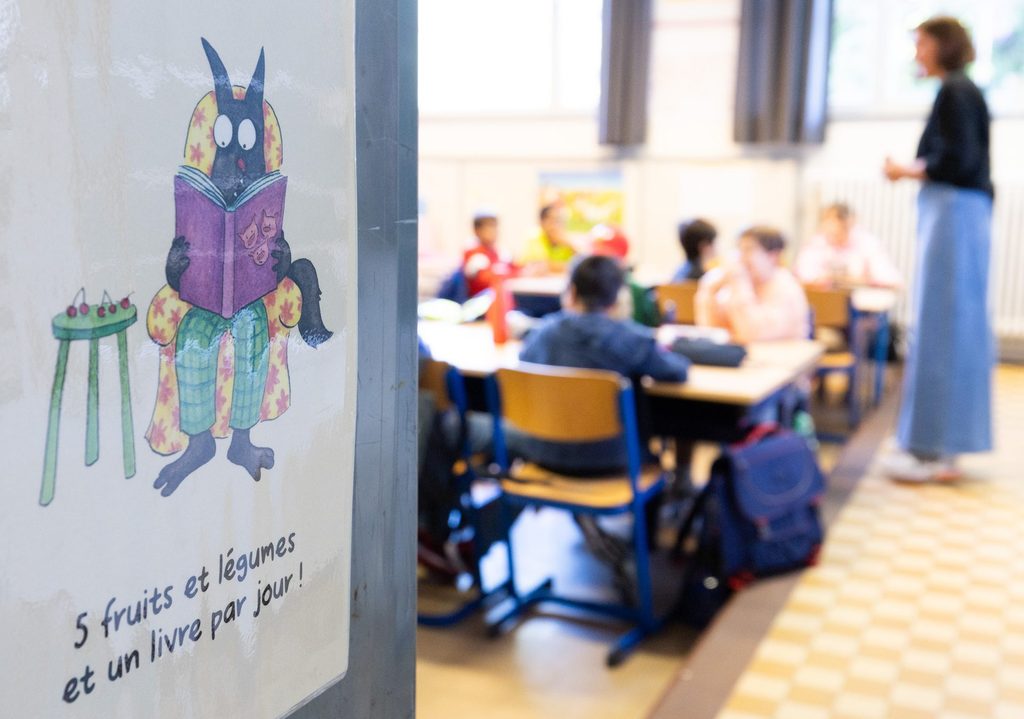The Flemish school system is looking to create a framework which lays down rules about how to deal with unruly pupils, specifically regarding measures such as seclusion and physical restraint.
Disciplining children who misbehave is always challenging, especially as there has long been debate over the usefulness of isolating or restraining children and young people as a sanction for such behaviour. It is particularly difficult for teachers as there is no regulatory framework for such a response, leading to ambiguity and uncertainty.
The education sector – together with the Children's Rights Commissioner – has long been pushing for this. Flemish Education Minister Ben Weyts is now looking to introduce concrete rules which make it "crystal clear" which disciplinary measures may or may not be taken.
"We should not keep schools in the dark about something as sensitive as restriction of freedom," said Weyts. "Schools, teachers and pupils are entitled to a clear regulatory framework, with clear agreements and the necessary guarantees."
Exception to the rule
The framework will reportedly forbid teachers from isolating or restraining a child or young person, and they may only deviate from this in situations where a pupil puts their peers or teachers in serious danger. The regulatory framework emphasises the need for dialogue between schools, pupils and parents, meaning the measures taken must be recorded and discussed with parents.
"This is about drastic measures, which are only conceivable as the very last resort in very exceptional situations," Weyts said.
Dutch-speaking schools in Brussels and Flanders that wish to have a seclusion room must also ensure that the room meets certain requirements. For instance, the room must be safe and the student must always be able to contact a staff member.
Related News
- Sex education policy in Belgium is failing its youth, experts claim
- Belgium makes psychological help for pupils at school free
Schools must also include these rules on seclusion and restraint in the school regulations to inform parents. It is hoped this framework will help the government better inform schools, which will also have more legal certainty.
"We could no longer avoid this subject. After all, there are pupils with serious behavioural problems. Many schools, including in special education, sometimes face serious challenges in this area," Weyts concluded.

